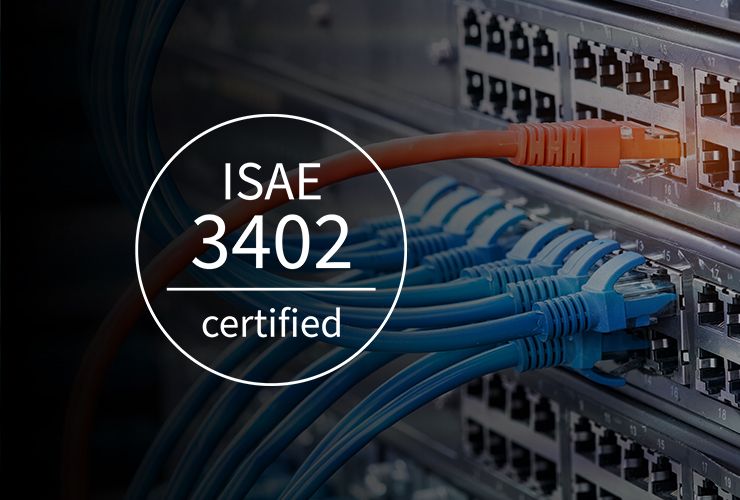In the context of procurement, supply security is an important concept for keeping a company’s business running. With the Supply Chain Act and the CSRD, it is becoming increasingly important and is now considered a basic principle in procurement. But what does this term actually mean and why is it so crucial for uninterrupted production?
The rapid advancement in technology, particularly in automation and e-invoicing, is reshaping the finance sector. These innovations offer myriad benefits, they also bring apprehensions, especially among finance professionals concerned about the future of their roles. While others, especially accounts payable professionals, already know that automation positively impacts job satisfaction.
Onventis Benelux underlines the importance of this topic and therefor puts everything in place to obtain this certification annually. It can be proudly stated that this guarantee is translated in obtaining the ISAE 3402 type II certification, again.
The ongoing digitalization of the business world is changing the way companies operate and bringing new legal requirements. A key aspect of this development is the introduction of mandatory e-invoicing in Germany and, in some cases, throughout Europe.
Cost reduction is a perennial issue in business, especially for SMEs. Our latest study (available in German) shows a remarkable trend: after years of focusing on the security of supply, SMEs are now focusing on reducing procurement costs. This blog sheds light on why this change in focus is taking place and how companies can effectively reduce their costs.
The Greenhouse Gas Protocol (GHG Protocol) was launched in 1998 by the World Resources Insitute (WRI) and the World Business Council for Sustainable Development (WBCSD).
The skills shortage in the social sector is more than just a challenge for organizations. It is a system-wide problem that has a profound impact on the quality of care and support provided to those in need. These institutions are the pillars of our society, constantly creating added value for residents and those in need of care. This makes it all the more important that social organizations future-proof themselves and tackle the shortage of resources and specialists. A key area in this process is procurement: this essential function in every organization holds great potential for savings in resources, time and costs.









